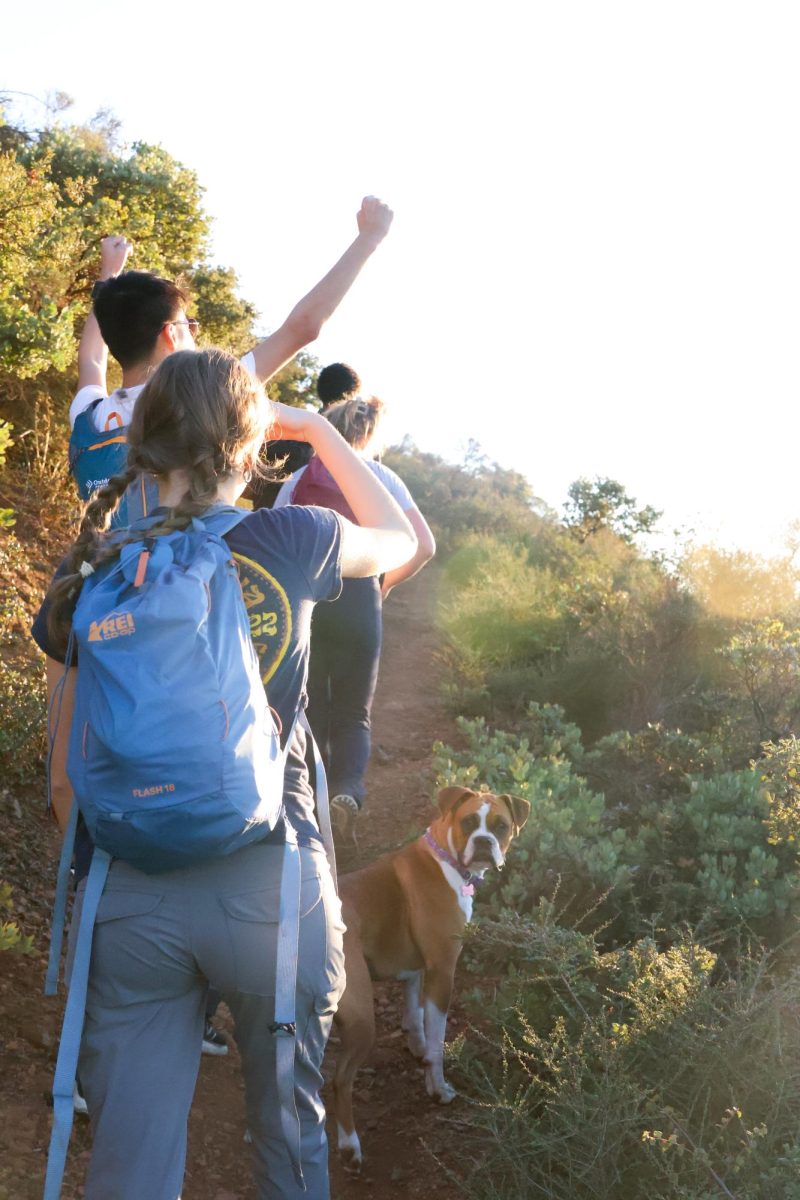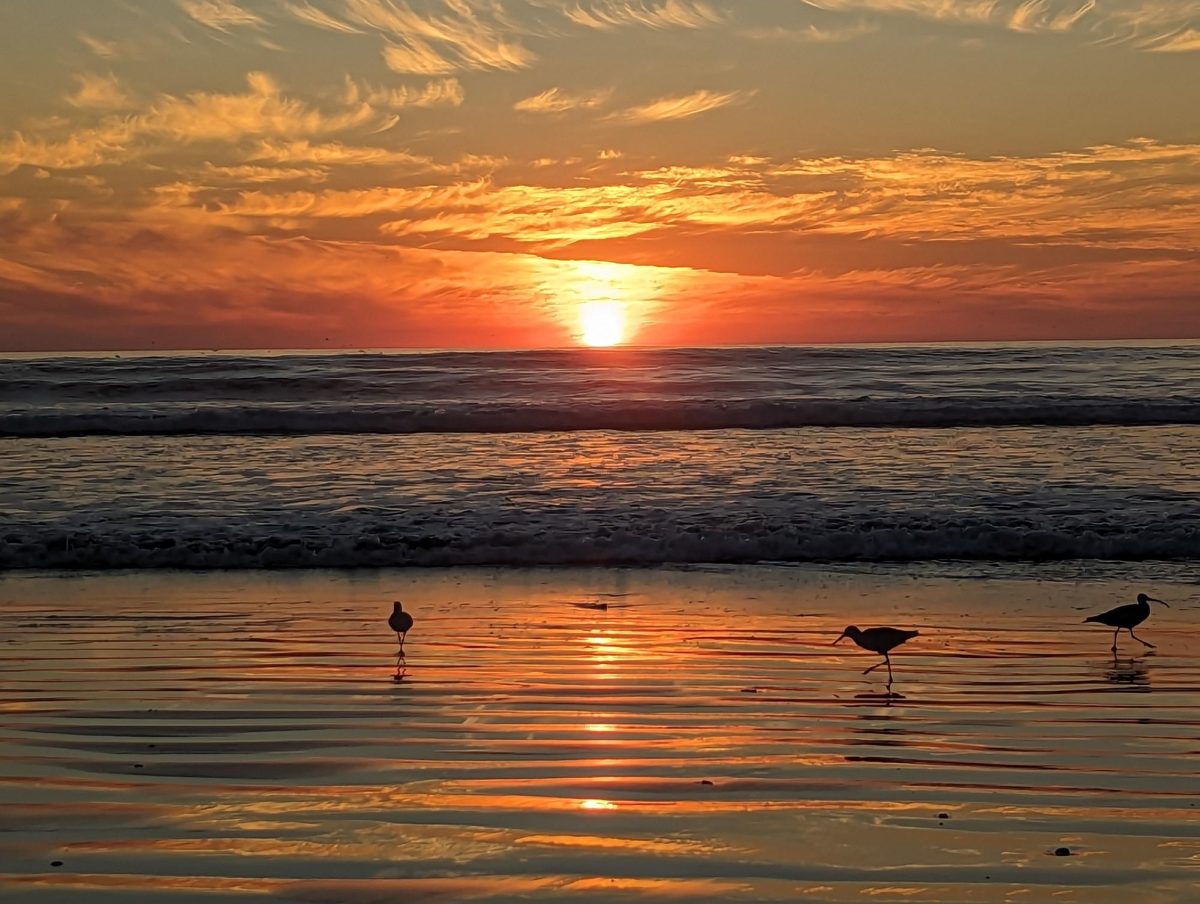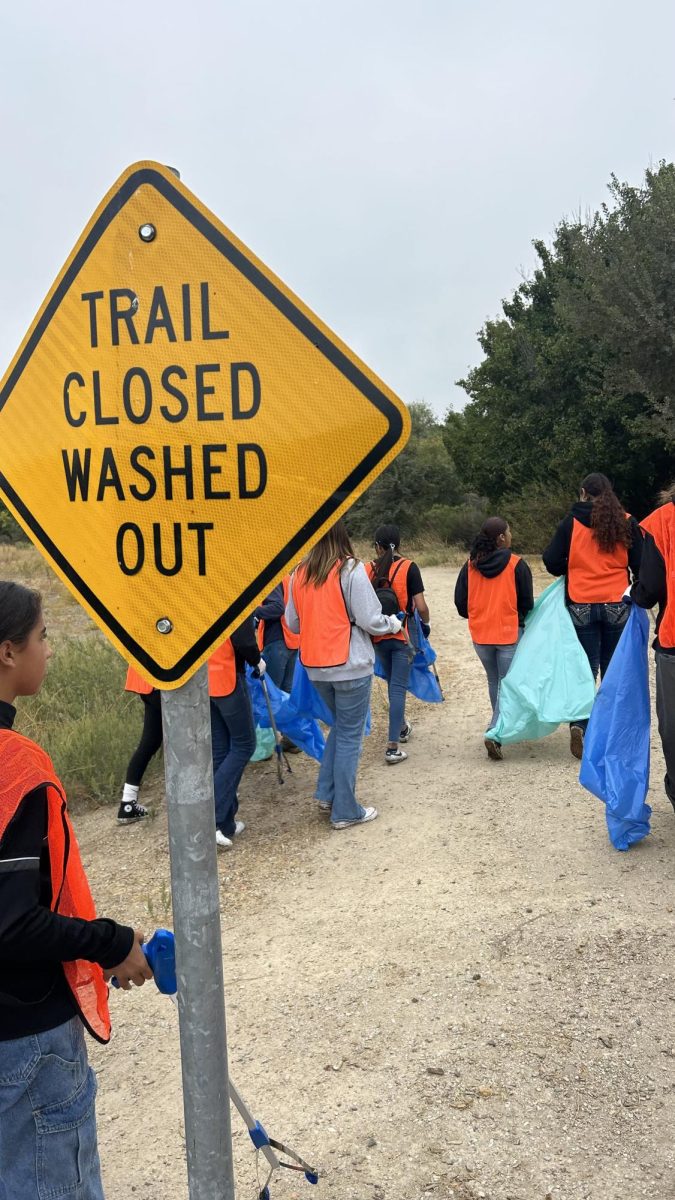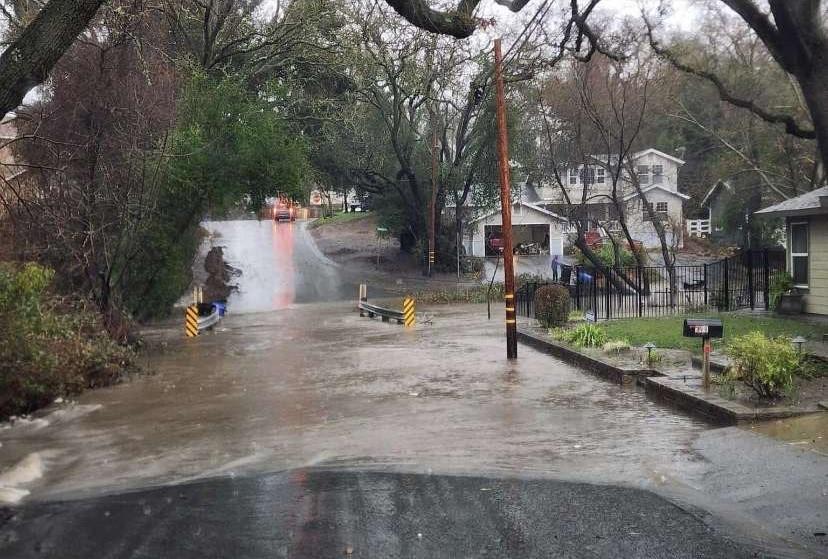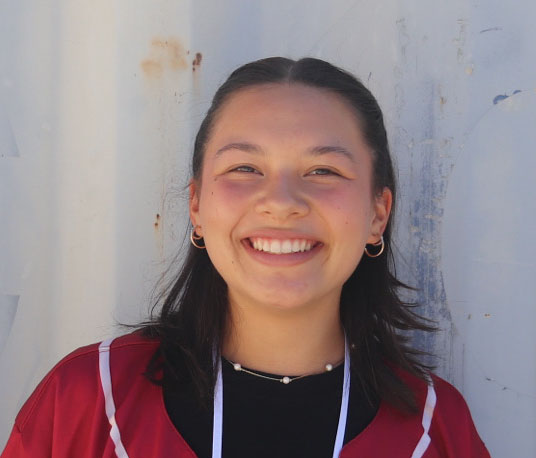Where do young trees go to study? Elemen-tree school. Where do interactive PRHS juniors and seniors go to collect data, collaborate with others, and gain educational skills outside of school? To the Field Studies Collaborative Courses!
The FSC courses are an opportunity for students who want hands-on experiences in nature with provided tools needed. They introduce and expand the knowledge of students, helping them find interests. Six different courses are offered with a variety of biology, marine biology, astrometry, and history. Depending on the student, there are studies for different interests.
The engineering teacher Alisa Bredensteiner is part of the team that created the FSC at PRHS. Bredensteiner says that the biggest takeaway for students after participating in any of the courses is realizing how much more to the world there is, and broadening the ideas we have of how to contribute to the improvement of our planet.
Joshua Tree
The Joshua Tree trip is focused on reading and writing about desert ecology, the outdoors, and solitude while being in that environment. During spring, students spend four nights away from home on this trip.
“Rock climbing for hours up a mountain with a group of really amazing friends was the best part,” senior Lucy Shulte said.
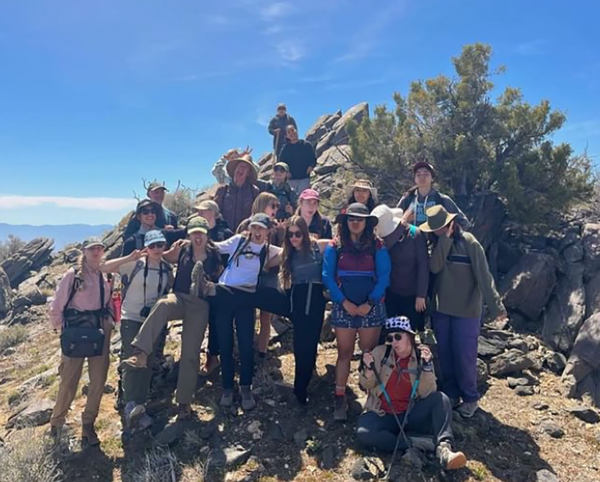
Santa Cruz Island
Students traveling on the Santa Cruz Island courses study biology using tools such as topographic maps, compasses, and GPS devices. This trip happens twice throughout the year, during the fall and during the summer. The fall trip lasts five days, and during the summer lasts eight.
Senior Emma Smith said, “My favorite memory from the Santa Cruz Island field studies course is probably the night of the talent show, everyone was singing and having fun, it felt like one big family.”
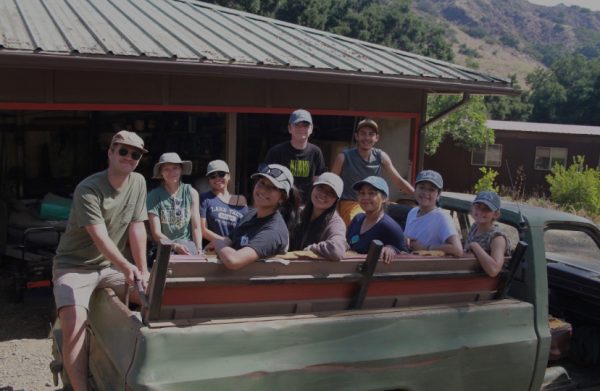
Marine Intertidal
The Marine Intertidal Monitoring Project is for marine biology, but more specifically marine ecology. Four days during the fall are spent studying the California coastline. Senior Mackenzie Ruppe said that the course gave her experience in the field she hopes to pursue while spending time with encouraging peers.
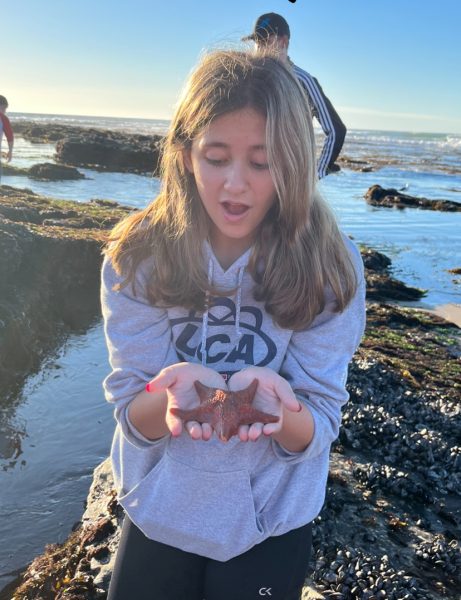
Astrometry
The Astrometry Field Research course studies double stars, working with teams from the Washington database from the US Naval Observatory. During the summer, participants spend two nights at Mount Wilson Observatory.
Senior Jasmine Rosales has gone on the Santa Cruz Island, Marine Intertidal, and Astrometry FSC courses. Rosales said that during the Astrometry course, “There was this moment on top of Mt Wilson, it was about 12 at night, and my friends and I that went on this trip sat around this giant telescope under the millions of stars over Los Angeles and listened to a guy tell us stories about every constellation we asked about and when I say stories I mean like the in depth Greek mythology version I felt so connected to our universe like the stars were calling out to me specifically telling me; it was such an insane feeling.”
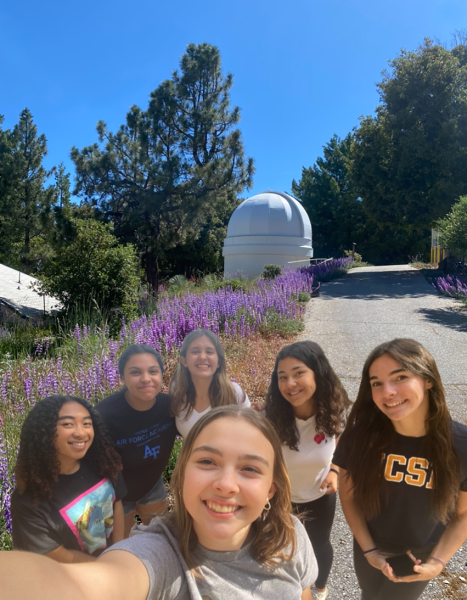
Coming Soon
The University Research experience has happened in the past. The overall goal for the University Research Experience is for students to interview and conduct a research project in a laboratory with a team of university faculty. This is a summer course that will not be happening this year, but actions are being taken to have this course the following summer.
All of the FSC courses offered at PRHS provide real-world experiences, and many who have gone on any of the trips feel more connected to the Earth and their fellow peers.


